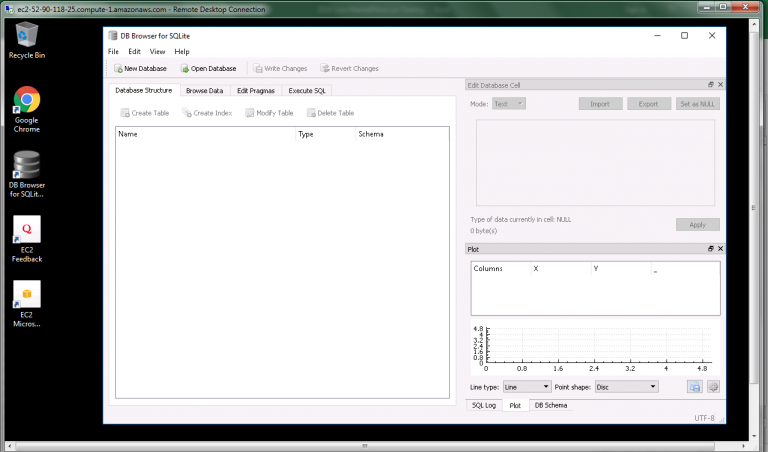

py('/Users/someuser/Documents/tmp/cr/cr_hist.txt', '/Users/parent/Documents/Chrome_History_Logs') SQLite is famously used by big enterprises like Adobe, Microsoft, Airbus, Apple, Google, and more. Some web frameworks come with built-in support for SQLite, like Django (Python).

Utctime = datetime.datetime(1601,1,1) + datetime.timedelta(microseconds = ms, hours =-5)Ĭrf.write('********* Next Entry *********') It is widely used as a client-side database in the browser, for desktop applications, and mobile apps. Get_url = list(cursor.execute("""SELECT url from urls"""))Ĭrf = open ('/Users/someuser/Documents/tmp/cr/cr_hist.txt','w' ) Get_time = list(cursor.execute("""SELECT last_visit_time FROM urls""")) Here's the function : It assumes that the Chrome history file has been copied from another account into /Users/someuser/Documents/tmp/Chrome/History def getcr():Ĭonnection = nnect('/Users/someuser/Documents/tmp/Chrome/History') This may not be the most Pythonic code in the world, but here's a solution: Cheated by adjusting for time zone (EST here) by doing this: utctime = datetime.datetime(1601,1,1) + datetime.timedelta(microseconds = ms, hours =-5)
#DB BROWSER SQLITE CHROME ANDROID#
There are more than 25 alternatives to DB Browser for SQLite for a variety of platforms, including Windows, Mac, Linux, Android and Chrome. Of course Opster can be thrown out but seems handy to me :-) DB Browser for SQLite is described as '(DB4S) is a high quality, visual, open source tool to create, design, and edit database files compatible with SQLite' and is a popular app in the development category. chrome-tools.py import-history ~/.config/chromium/Default/History* > history.txt Urls = (row for row in c.execute(SQL_URL)) Times = (row for row in c.execute(SQL_TIME)) Return epoch_start + import_history(*paths):

SQL_URL = 'SELECT c0url FROM pages_content'Įpoch_start = datetime.datetime(1601,1,1)ĭelta = datetime.timedelta(microseconds=int(webkit_timestamp)) This is a more pythonic and memory-friendly way to do what you described (by the way, thanks for the initial code!): #!/usr/bin/env python


 0 kommentar(er)
0 kommentar(er)
